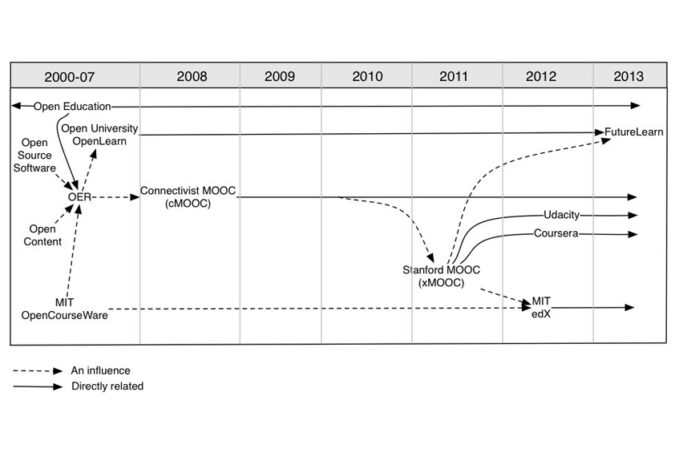(Part 2 of 2) The Internet serves not only as a breeding ground for extremism, but also offers myriad data streams which potentially hold great value to law enforcement. The report by the OII’s Ian Brown and Josh Cowls for the VOX-Pol project: Check the Web: Assessing the Ethics and Politics of Policing the Internet for Extremist Material explores the complexities of policing the web for extremist material, and its implications for security, privacy and human rights. In the second of a two-part post, Josh Cowls and Ian Brown discuss the report with blog editor Bertie Vidgen. Read the first post. Ed: Josh, political science has long posed a distinction between public spaces and private ones. Yet it seems like many platforms on the Internet, such as Facebook, cannot really be categorised in such terms. If this correct, what does it mean for how we should police and govern the Internet? Josh: I think that is right—many online spaces are neither public nor private. This is also an issue for some for privacy legal frameworks (especially in the US). A lot of the covenants and agreements were written forty or fifty years ago, long before anyone had really thought about the Internet. That has now forced governments, societies and parliaments to adapt these existing rights and protocols for the online sphere. I think that we have some fairly clear laws about the use of human intelligence sources, and police law in the offline sphere. The interesting question is how we can take that online. How can the pre-existing standards, like the requirement that procedures are necessary and proportionate, or the ‘right to appeal’, be incorporated into online spaces? In some cases there are direct analogies. In other cases there needs to be some re-writing of the rule book to try figure out what we mean. And, of course, it is difficult because the internet itself is always changing! Ed: So…
Exploring the complexities of policing the web for extremist material, and its implications for security, privacy and human rights.




